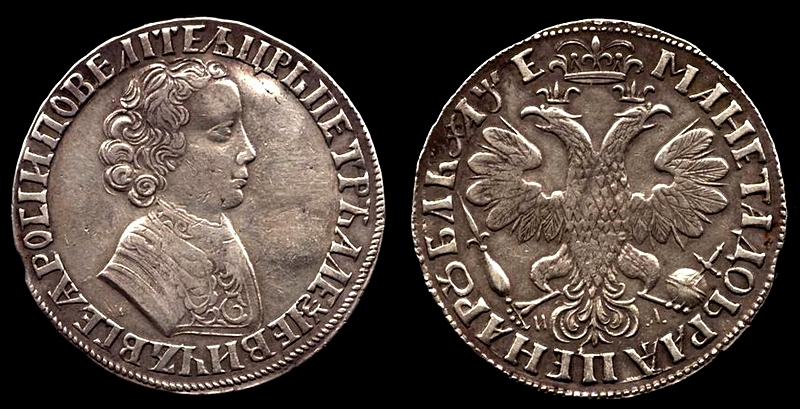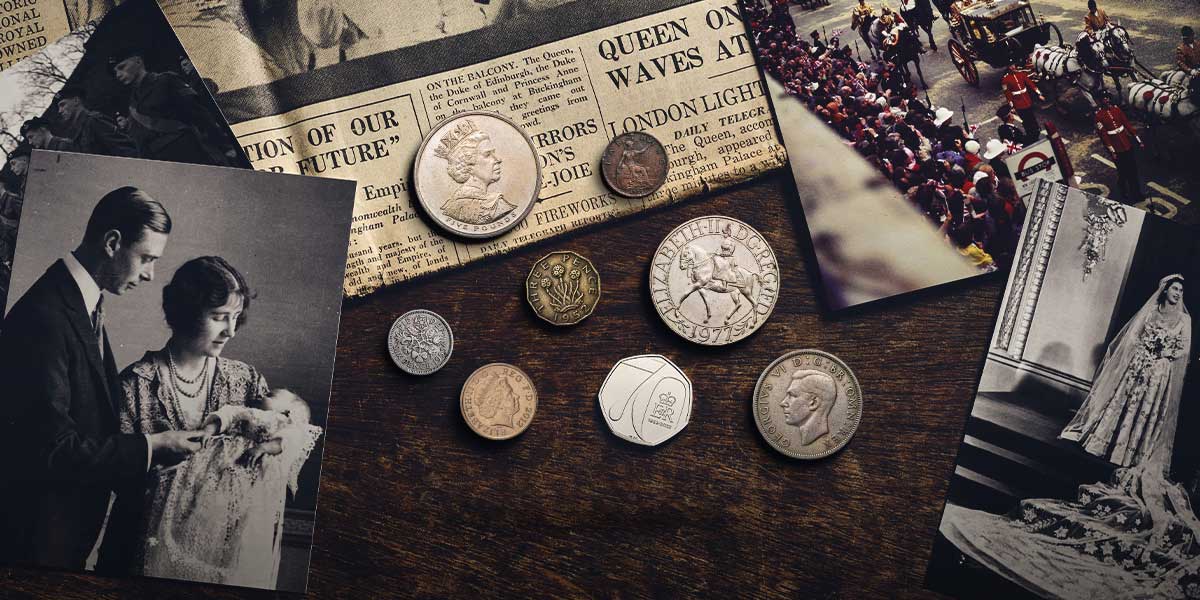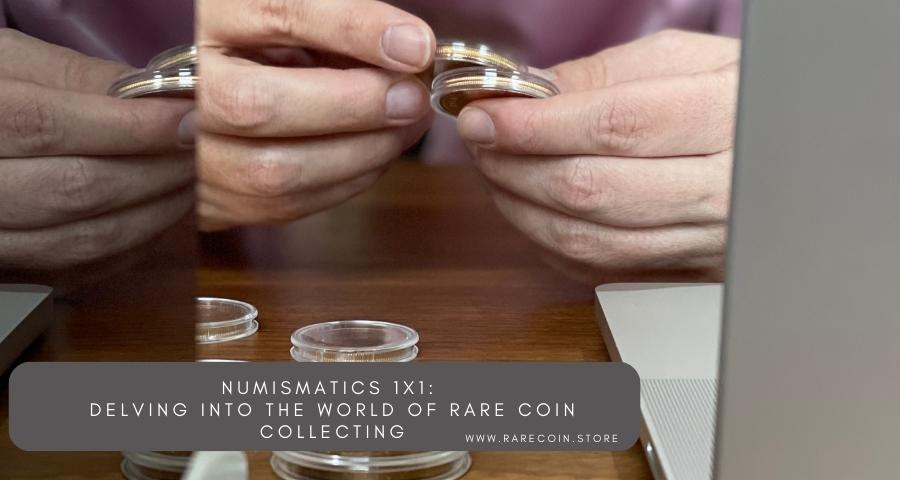Excellent Ideas To Choosing Banknote Catalog And Rupee
Excellent Ideas To Choosing Banknote Catalog And Rupee
Blog Article
How Can I Find International And Regional Associations Within Numismatics?
This is a systematic method for conducting this type of study. Here is a structured way to do such research. JSTOR and other databases and academic repositories can also provide access to papers and proceedings from conferences.
Define Research Focus: Specify your research objectives. Do you wish to explore the past and present activities of global associations for numismatics or regional collaborations? conference, publications, or numismatic topics discussed in these organizations? Clarify the focus of your research.
Search Strategy: Use keywords such as "numismatic associations", "global numismatics" or "regional societies for numismatics," if appropriate. You can also add the names of organizations or regions. Use advanced search features to filter results according to dates, documents (such a conference papers or newsletters) and the geographic area.
Data collection: Get information about the goals, membership history publications and activities of organizations from across the globe and in regional regions. Details about past and planned research, workshops, and conferences are accessible. Browse databases with information on leaders of associations, members and contact information.
Analyse data to understand role and impact. Analyze the ways in which these associations help the advancement and dissemination of research on numismatics, international collaborations and publications.
Cross-References: Verify information with multiple sources or databases. Compare activities and initiatives from various organizations to gain an overview of international and local trends in numismatics.
Documentation: Record your findings thoroughly including citations to sources and highlighting the methodologies employed. Note down the database names, search terms, and the relevance of each resource to the research question.
Stay updated: Numismatics associations continue to evolve. This includes new publications, collaborative projects, and conferences. For the latest updates in international and regional numismatics keep an eye on association websites as well as databases.
These steps will help you use databases to investigate the numismatics of global and local associations. This approach permits a thorough examination of the organization structure, the scholarly efforts, and the collaboration efforts that have helped shape the numismatics industry both on a global and regional scale. View the top rated related site on rial for blog advice including dirham, banknote dealer, collector, rare banknotes, uncirculated, rand, antique coins, legal tender, banknote holder, uncirculated and more.
How Can I Research Numismatics In Connection To Refineries With Databases?
Researching numismatics with regards to refineries involves utilizing databases that are focused on precious metals refining, minting processes, and the historical and technological aspects of refining facilities. A structured method is presented to assist you in conducting this kind of study. Examples include databases provided by major refineries like Johnson Matthey, Heraeus, or mints of the government, such as the United States Mint or the Royal Canadian Mint.
Define Research Focus: Specify your research objectives. Do you wish to learn about the history and operation of particular refineries? Are you interested in technological advancements and the production of gold and coins or quality standards in the processing of precious metals? Find out what you're seeking to know in order to guide your search.
Search Strategy: Add refinery names as well as geographic regions or historical dates when searching. You may also include keywords like "precious-metals refineries", "minting processes" and "bullion production". You can use advanced search features to sort results by date, type of document (such as technical reports, production statistics) and refining techniques.
Data Collection: Access data about refineries, including dates of establishment, types of precious metals (gold silver platinum), refining techniques (such chemical refining or electrolytic refining) as well as any noteworthy technological advancements or developments.
Analysis: Analyze and understand the role played by refineries in the field of numismatics. Examine how refineries supply precious metals to produce bullion and coins, as well as control quality in the minting process and help in the standardization of coinage metals. Compare the technologies and practices employed by various mints or refineries.
Cross-References: Confirm what you've found by cross-referencing data from different databases and sources. This will ensure accuracy and completeness of your research, providing an extensive view of refineries' contributions to the field of numismatics.
Documentation. Record your findings in a systematic manner by citing all sources utilized and mentioning the methodologies you used. Keep track of details on the databases you have accessed, terms used to search, and the significance of each source to your research needs.
Refining standards and technologies are constantly evolving. Stay up-to-date by reading industry publications or mint and refinery reports to stay up-to-date with the latest refinery technologies' developments and their effect on numismatics.
If you follow these steps, you can effectively utilize databases to study the numismatics of refineries. This technique allows a thorough investigation into the technological advancements, quality control measures, and the historical contribution of refineries to the creation of coins and bullion worldwide. View the top rated homepage for coin series for blog recommendations including currency forum, banknote holder, legal tender, coin authenticity, ringgit, currency authentication, circulated, banknote, bullion, banknote appraisal and more.
What Can I Do To Find Out More About Authentication Services By Using A Numismatics-Related Database?
If you are researching numismatics to find authentication, make use of databases that are specialized in certificate agencies, copyright detection and historical techniques. Here's a structured approach to conduct such research:Database Selection: Choose databases that are specialized in authenticating numismatics and certification agencies and methods for detecting counterfeits, and old-fashioned authentication methods. Some examples include websites of certification organizations like PCGS, NGC, numismatic research platforms and publications from numismatic associations.
Define Research Focus: Specify your research objectives. You may be interested in knowing more about the authentication methods used by certification organizations, technologies to detect fakes, old methods, or coin authentication. Clarify what you are trying to find in order to aid your search.
Search Strategies: If possible you can use keywords like "coin authentication", "certification agencies," or "copyright identification" and include any particular agencies (such micro-imaging, micro-imaging,) or authentication technology. Use advanced search to sort results by date, authentication methods and cases.
Data collection: Access information on authentication methods used by certification bodies. Information on authentication techniques, including technologies like coin imaging, XRF, case studies, as well as historical perspective are accessible.
Analysis: Analyze the information to assess the reliability and effectiveness of the authentication process. Analyze how certification agencies authenticate coin to detect counterfeits and keep standards of accuracy in authentication and grading processes. Compare authentication methods among agencies, and also the advancements in technology in the past.
Cross-Referencing - Verify the accuracy of your study by cross-referencing information from multiple databases, websites of certification agencies, books on numismatics and historical archives. This will ensure completeness and accuracy in your research.
Documentation: Documentation is crucial. Use sources to cite and record the methods used. Record details about the databases used, search terms used, as well as the importance of each source to your research needs.
The authentication standards and technology are constantly evolving to keep pace with latest technologies and threats. Keep track of updates from the certification agency, numismatic publication, and industry report on authentication practices.
By following these guidelines, you will be able to effectively make use of databases to research the numismatics of authentication services. This technique allows a comprehensive investigation into the methods of technology, techniques, and the historical techniques employed to authenticate coins providing insights into the reliability and the impact of authenticity on numismatic collecting and trade. Take a look at the best check this out on banknote rarity for website tips including currency dealer, currency exchange, banknote club, coin expo, currency authentication, silver coins, lira, collection, coin rarity, coin collecting and more.
How Do I Use Databases To Study Numismatics In Relation To Online Forums And Communities?
Researching numismatics with regards to forums online and communities involves utilizing platforms where collectors as well as enthusiasts and experts share knowledge about trends, debate them, and showcase collections. It is a method that can be structured to conduct such research. Some examples include forums like CoinTalk and Reddit's R/Coins. There are also numismatic groups on social media websites like Facebook or LinkedIn.
Define Research Focus: Specify your research objectives. Are you interested in understanding current trends in collecting, analyzing specific coins or historical periods, seeking advice on authentication and grading or meeting with experts in specific areas of numismatics? Find out the purpose of your search.
Search Strategy: Choose keywords that are relevant to your interests such as "numismatic forums," "coin collecting communities," "online numismatic discussions," and include specific areas (ancient coins, modern coins paper money) or keywords related to your research question. Make use of search options within each platform to find relevant discussions.
Data Collection: Get access to the data contained in discussions, threads or posts on online forums. Learn about the strategies for collecting as well as coins markets, trends in the market and personal experiences with the numismatic world. Additionally, you can discuss historical or cultural aspects that are related to coinage.
Examine the data to discern opinions, expertise and experiences that are shared among members of the online communities. Assess the credibility of the data by analyzing the opinions of experts as well as the consensus among members on certain topics, and the depths of discussion.
Cross-Referencing: Confirm your findings by cross-referencing information across different forums and communities. Review the information from different platforms to get an objective view of collecting information, market sentiments or expert advice within numismatic communities.
Documentation: Documenting your findings is essential. Cite specific threads, discussion issues, and contributors as required. Keep track of the most important insights and the opinions that are shared in online communities and forums.
Keep Engaged - Take part actively in discussions Ask questions, add your voice to the conversation to get insight and make connections amongst the Numismatics. Stay up-to-date with the most recent threads, announcements and answers.
These steps will aid you in conducting research on numismatics through online forums and community sites. This technique allows you to tap into an array of information and experience from a variety of group collectors and experts. They can provide valuable insights and perspective on a variety of aspects related to coin collecting and identification. Check out the top rated coin release recommendations for more recommendations including banknote certification, dollar, banknote expo, coin club, banknote album, rial, penny, copyright, copyright detection, currency and more.
How Do I Use A Database To Research Numismatics With Regards To Industry Consultants?
Here's a structured approach to conducting research like this: Database Selection: Choose databases that are specialized in consulting firms, industry reports, and publications relevant to the field of numismatics. This is a method that can be structured to conduct this type of research. Examples include business directories, consulting firm websites, numismatic society publications, and industry-specific databases.
Define Research Focus: Specify your research objectives. Are you seeking information on consulting services provided to numismatic companies or market analysis of numismatics or the knowledge of specific experts or consultants within a specific sector? Clarify what you are looking for to narrow your search.
Search Strategy: Use keywords such as "numismatic consultants", "numismatic consulting firms", "market analysis reports for coins" and, if pertinent include geographic regions or areas of expertise. Search results can be filtered by date, consultancy services, and specialties of consultants using advanced search features.
Data collection: Find details about consulting firms that focus on numismatics or industry consultants who provide services to companies in the numismatics sector. Data Collection: Get information about consulting firms and their specializations (market analysis, collection management, authentication) and testimonials from customers and the reports written by industry consultants.
Analyze and appreciate the role and contribution of consultants from industry in numismatics. Evaluate the expertise and methodologies used by consultants to advise on markets, numismatic investments, collection management strategies, and regulatory compliance issues.
Cross-References: Ensure the accuracy of your data by comparing it to other databases, publications of organizations for numismatics and reports from the field. This lets you conduct a thorough and accurate research. Additionally, you will be able to see the full image of the industry of consulting in the field of numismatics.
Documentation: Record your findings systematically including citations to sources and a note of the methodologies you employed. Detail the databases that you use, the search terms used and the relevancy of your sources to your question.
Stay informed: As economic conditions shift and regulatory requirements change as are consulting services and market developments in the world of numismatics. Updates from consulting firm sites, reports from the industry, numismatic society journals, and other publications will keep you informed of the most recent market trends and information.
These steps will enable you to explore numismatics and industry consultants. This method enables an in-depth study of the consultancy services, market analyses, and strategic insight that consultants provide to the numismatic industries. These information can provide useful perspectives on the business of numismatics investments, strategy for investment, and market dynamics. Have a look at the recommended currency collecting tips for website recommendations including precious metals, silver, coin production, treasury, banknote value, banknote production, banknote appraisal, design, uncirculated, banknote appraisal and more.